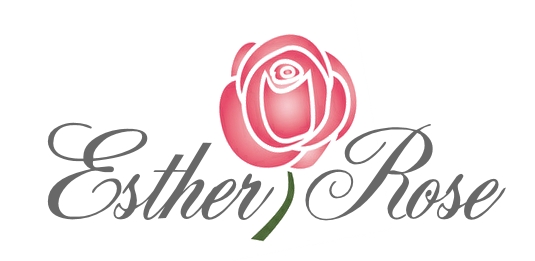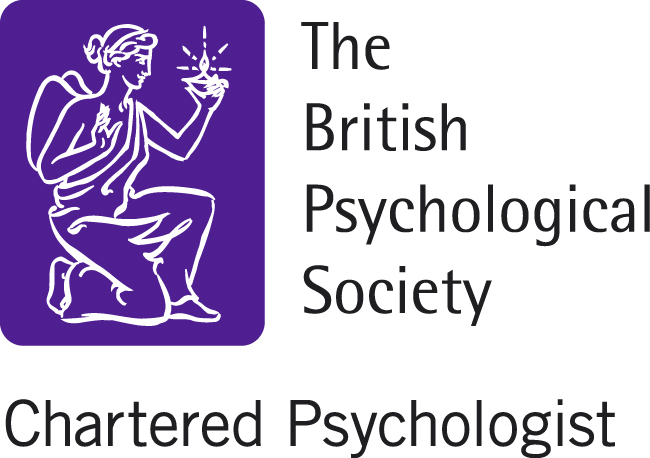Cognitive Behavioural Therapy – CBT
Cognitive behavioural therapy (CBT) combines two different approaches for a practical and solution-focused therapy; it combines a cognitive approach (looking at your thoughts) with a behavioural approach (the things you do). Cognitive behavioural therapy looks to help you manage problems by enabling you to recognise how your thoughts can affect your feelings and behaviour. A fundamental principle of CBT is that our thoughts and behaviours have an effect on each other and that by changing the way we think or behave in a situation, we can change the way we feel.
Unlike some other therapies, CBT is rooted in the present and looks to the future. While past events and experiences are considered during the sessions, the focus is more on current concerns. CBT looks at how both cognitive and behavioural processes affect one another and aims to help you get out of negative vicious cycles. The emphasis on behavioural or cognitive approaches will depend on the issue you are facing. For example, if you are suffering from anxiety or depression, the focus may be a cognitive approach, which aims to modify your negative thinking that keeps you locked in low moods and feeling hopeless. If you have a condition that causes unhelpful behaviour (such as obsessive compulsive disorder), the focus is likely to be the behavioural approach, aiming to modify your behavioural responses to the thoughts you’re having.
Dr Rose regularly provides CBT to address the following emotional issues:
· Depression and/or anxiety
· Phobias
· Panic attacks
· Low self-esteem
· Obsessive Compulsive Disorder
· Health anxiety
· Sleep problems such as insomnia
· Post-traumatic stress disorder
In some cases, CBT is used for those with long-standing health problems, such as chronic pain or irritable bowel syndrome (IBS). While the therapy cannot cure such physical ailments, it can help you cope emotionally with the symptoms and lower stress levels. CBT is also a popular treatment for conditions such as schizophrenia and psychosis. The aim is to identify any connections between your thoughts and feelings and how they affect the symptoms you are experiencing.
Cognitive behavioural therapy has become one of the most popular forms of psychological therapy. It is recommended by the National Institute for Health and Care Excellence (NICE) for common mental health issues, such as depression and anxiety.
If you would think CBT would be helpful for you, please call Dr Rose on 07393 488534 or email: esther@drestherrose.com to make an appointment.


